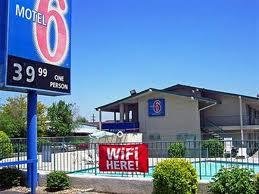Let's agree to disagree. I have no problem with the government offering lower percentage loans than banks for higher education. If these loans provide a chance for low income or middle income kids to get a good education I'm for it. If you want to talk about government subsidies lets look at the oil companies or some of our largest companies. How about the farming industy? Without the loans my girls wouldn't have gone to college. My youngest is a good Interior Designer and my eldest is helping run a well established catering company. I mean this with all sincerety, if you were able to send your children to college without taking out loans that is fantastic and I really mean it. I needed to take advantage of the loans.
And I have no problem with you taking out loans to pay for their college (nice thing to do for your kids) - I just would like to see the government get out of the business and let banks set the market for the rates and leave the taxpayer out of it.




